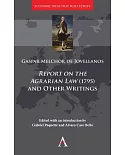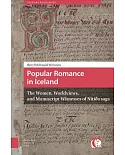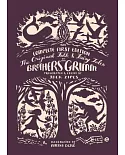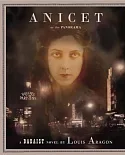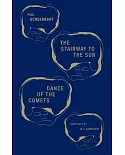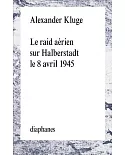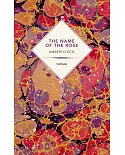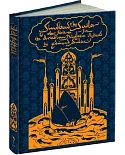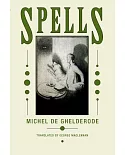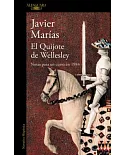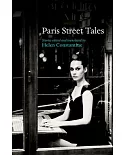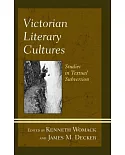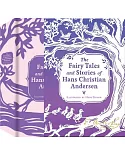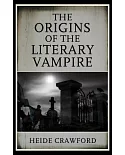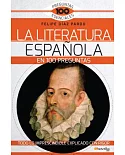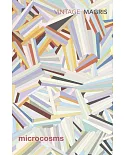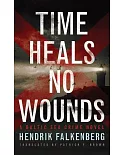Mourning Modernism: Literature, Catastrophe, and the Politics of Consolation examines the writing of catastrophe, mass death, and collective loss in 20th-century literature and criticism. With
particular focus on texts by Virginia Woolf, Walter Benjamin, and W.G. Sebald, Mourning Modernism engages the century's signal preoccupation with world-ending,a mixed rhetoric of totality and
rupture, finitude and survival, the end and its posthumous remainders. Fascinated with the threat of apocalypse, the century proliferates the spectacle of world-ending as a form of desire, an
ambivalent compulsion to consume and outlive the end of all.In conversation with recent discussions of the century's passion for the real, and taking on the century's late aesthetics of
subtraction, Mourning Modernism reads the century's obsession with negative forms of ending and outcome. Drawing connections between the current interest in the category of trauma and the
tradition of the sublime, Mourning Modernism reframes the terms of the modernist experiment and its aesthetics of the breaking-point from the lens of a late sublime.


